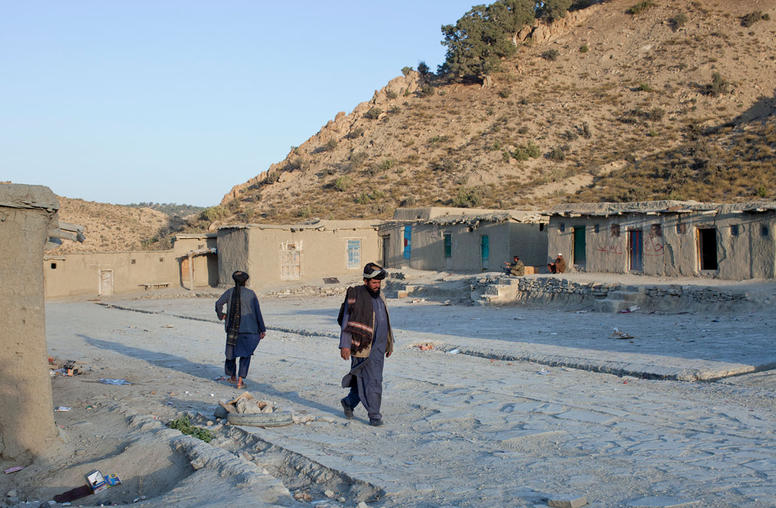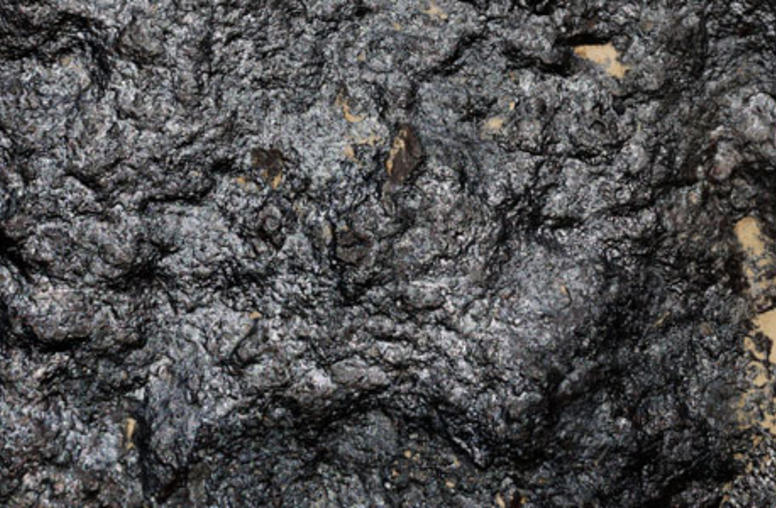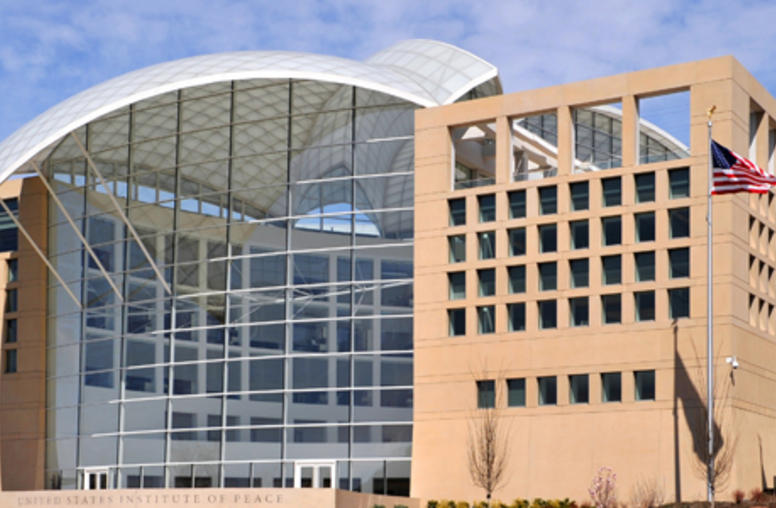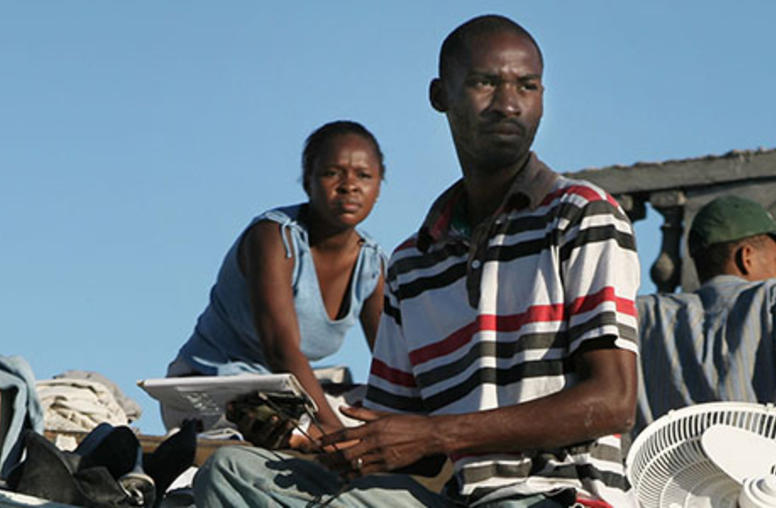Question And Answer
Publications
Articles, publications, books, tools and multimedia features from the U.S. Institute of Peace provide the latest news, analysis, research findings, practitioner guides and reports, all related to the conflict zones and issues that are at the center of the Institute’s work to prevent and reduce violent conflict.
Eye on USIP's Religion and Peacemaking Center
Religion is often seen as the cause of strife around the globe, but in reality, it can provide the foundation for what helps to end conflict. USIP’s work, from Indonesia to Pakistan, demonstrates that religion can play a positive role in managing conflict. USIP’s David Smock, senior vice president for the Centers of Innovation, explores the issue in this brief question-and-answer.
A Troubled Palestinian Economy
Palestinians have not yet been able to build “the foundations of a sustainable economy,” Mohammad Mustafa, chairman and CEO of The Palestine Investment Fund, told an audience at the “Twenty Years after Madrid” conference at the United States Institute of Peace on Nov 2.
The Arab Spring and Mideast Peace
The Arab Spring may ultimately foster Arab-Israeli peace efforts if those populist uprisings lead to stable democracies, but in the short run these history-making events are more likely to inhibit steps toward peace. That note of caution emerged from several panelists at a Nov. 2 session on “Arab World Transitions”—part of a day-long conference co-sponsored by the United States Institute of Peace (USIP) and the James A. Baker III Institute for Public Policy at Rice University.

The Pakistan-U.S. Relationship: Does Everything Have to be a Big Deal?
USIP's Moeed Yusuf discusses the U.S.-Pakistani relationship and how important it is to lower the temperature of the rhetoric between the two countries.
Reflections on the Hard Lessons of Arab-Israeli Peacemaking
Ahead of President Obama’s meeting with Israeli Prime Minister Benjamin Netanyahu in early March, Ambassador Sam Lewis reflects on the challenges to building peace in the Middle East.

Sanctions and Saber-Rattling
As part of its expertise on conflict management and resolution, the U.S. Institute of Peace focuses on how resources can be a source of division and conflict, and how to mitigate such potential problems. With tensions on the rise in the Middle East, and the jump in gas prices, USIP’s Raymond Gilpin addresses the immediate issues facing the U.S. and the world regarding the cost of oil.

Vermont: A Model Peacebuilding State
In an age of international conflict and crisis, active peacebuilding is underway in America to advance national security and find alternatives to violence around the world. That includes Vermont, where last week USIP’s Special Assistant to the President for Grants and Middle East specialist Steve Riskin led the USIP New England Regional Grants Development Workshop and a public discussion on developments in the Middle East.

Haiti's Prime Minister Resigns
Under pressure from President Martelly, Haiti’s Prime Minister Garry Conille resigned after only four months in office, plunging the country into another political crisis. We asked Robert Perito, director of USIP's Haiti Program, what happens next in the western hemisphere's poorest nation?
Training Iraqi Police: Lessons Learned from the Field
The United States Institute of Peace (USIP) and the Institute for the Study of War co-hosted a critical lessons learned forum on policing in Iraq moderated by Robert Perito, director of USIP's Security Sector Governance and author of the new Special Report, “The Iraq Federal Police: U.S. Police Building Under Fire.”
U.S.-North Korea Agreement: A Breakthrough?
John Park, a senior program officer who directs USIP’s Korea Working Group, analyzes the U.S.-North Korea agreement announced on February 29. The North Koreans will suspend nuclear activities at its Yongbyon complex and long-range missile tests, and the U.S. will provide 240,000 tons of nutritional assistance to North Korea. While it may not be a breakthrough, this agreement does constitute a modest initial step forward in dealing with North Korea.